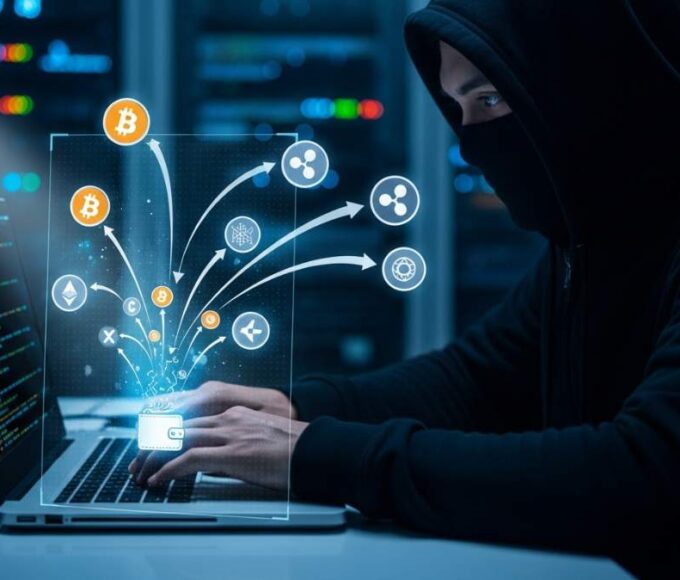Google researchers have found that quantum computers might break the encryption protecting Bitcoin and other secure systems up to 20 times faster than previously thought. This means fewer quantum resources are needed to crack important codes, such as RSA encryption, which secures many digital wallets.
Google’s quantum expert Craig Gidney explained that their earlier estimate said it would take a quantum computer with about 20 million noisy qubits to break 2048-bit RSA encryption in eight hours. Now, the team estimates that the same task could be done in less than a week using less than one million noisy qubits. This is a 20-fold reduction in the required quantum resources.
However, current quantum computers are still far from this capability. For example, IBM’s most powerful machine has just over 1,100 qubits, and Google’s own quantum computer runs at 53 qubits. So, Bitcoin and other crypto assets are safe for now.
Google credits the progress to better algorithms and improved error correction. The new methods make the quantum calculations faster and allow packing more useful quantum operations into the same space. They also use a technique called “magic state cultivation”, which helps make quantum operations more efficient.
Bitcoin’s encryption relies on a similar but stronger system called elliptic curve cryptography (ECC). If quantum computers can break RSA faster than expected, Bitcoin’s security timeline could be shorter than previously thought. Experts are already testing quantum attacks on simpler versions of Bitcoin’s encryption.
This research highlights a growing need for quantum-resistant cryptography. Organizations like the National Institute of Standards and Technology recommend replacing vulnerable systems by 2030. Google’s findings suggest this timeline may need to be sped up.
Meanwhile, companies like IBM and Quantinuum plan to build much larger and more reliable quantum computers within the next decade. The crypto community is preparing too—some developers are working on quantum-resistant blockchain upgrades to protect assets in the future.
While the threat is not immediate, it is accelerating. The race is on to develop security that can stand up to powerful quantum computers before they become a reality.












Leave a comment